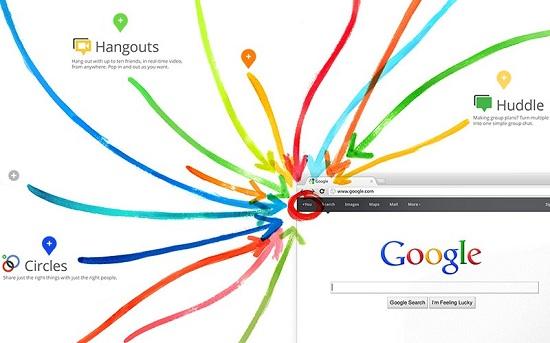
Having an effective strategy for doing just about anything is probably one of the most important parts of succeeding. Sure, sometimes you get lucky, but the best strategy usually wins out in the end. At least for a little while, anyway. Some could say that Apple has a great strategy, while others would argue that people are just crazy, and their strategy is to cater to the crazies. Or sheep, whatever words you want to use.
And some would say that Google has a pretty good strategy, too. Releasing Android like a flood and letting manufacturers create their own version to cater to their needs? Good deal. It’s obviously working, too, as Android is posting up some pretty impressive numbers, with over 1 million activations every day. That’s impressive no matter how you look at it, and it would be a safe bet that their strategy is a good one.
But, there’s a pretty distinct variation between the strategy that Google possesses, and those of other companies.
It isn’t so much in the way that Google does business, so to speak. It’s more about the end user, and the way that Google interacts with them. During the Mountain View-based company’s keynote on Wednesday, kicking off this year’s I/O conference in California, I saw on Twitter as people started pointing out that Google’s excitement over Google+ was a bit off-kilter. Sure, it’s great that Google+ has a lot of users, but some of those people were quick to suggest that the fact that Google forces Android users to set up Google+ accounts makes those numbers a bit inflated.
To be honest, it doesn’t actually do that. Google is absolutely correct in tallying those numbers, because the simple truth is that those people who are forced to sign up for Google+ are still signed up for Google+. The way it happens, whether users are doing it on their own or involuntarily slaved into the social networking tool is irrelevant. It’s irrelevant to Google, that is.
But it isn’t irrelevant to us, the end user. We notice these things. Back when Android 4.0 Ice Cream Sandwich was breaking ground with the Galaxy Nexus, one of the things pointed out most often was the set-up screen the first time you turned on the phone, and the fact that Google+ was now part of the process. You’re signed up because you’re using a Google product, and that’s the end of the story. Google is viewed as shoving the service down your throat because they feel like you’ll like it, whether you plan on using it or not.
They actually did it again earlier this week, right after Android 4.1 Jelly Bean was unveiled, but with Google+ Hangouts. The company announced a new feature, called Events, and showcased how easy it is to invite people to new events. Well, that turned into a whole situation, as people were getting spammed almost immediately after the feature went live, with their timelines filled to the brim with invites to fake things, fake websites trying to sell you something, or just random events altogether. Again, Google’s system was released like a flood, and it forced itself down upon the end users, whether we liked it or not.
I actually didn’t turn on Google+ today for that exact reason. The moment that I saw my Twitter feed blow up with all the outrage over getting random invites to events that are obviously fake, I didn’t have any interest in turning on Google+. I still don’t. I have no reason to think it’s fixed, because I don’t think Google minds that it’s happening. They want you to use the new events feature, and that’s exactly what is happening.
You’ll get used to it, right?
Wil Wheaton actually put it best, I think, on his own Google+ page:
“It's too bad that I'll never use it, because Google has, yet again, made a product that may be useful and cool, but forced it upon users without giving users any control over how invasive it is.”
Is Google doing it wrong, no matter how great their strategy seems? It looks like they aren’t learning from past mistakes, like Buzz, and they’re just doing it all over again. They want us to use their features, but they don’t actually ask the end user if they want to use the features. They make us use them, and then maybe eventually change some things around so we can opt out of using it at a later date.
I want that option right now. I’m scared to open Google+ because of this, and I think Google+ has the best smartphone mobile app for a social networking site out of all them (Path is a close second, for the record). But I won’t open it up until I know this events situation is capped, or at least muted in some way or another. And no, I don’t want to do the muting.
What do you think of Google’s forceful strategy? Yes other companies have their own way of forcing things for you to use, but I can’t think of anything off the top of my head that is this extreme (or has been as extreme as Buzz). If you can think of something, let’s compare and discuss. Let me know what you think.
Also, is it fixed yet? Is it safe to open up Google+ yet?